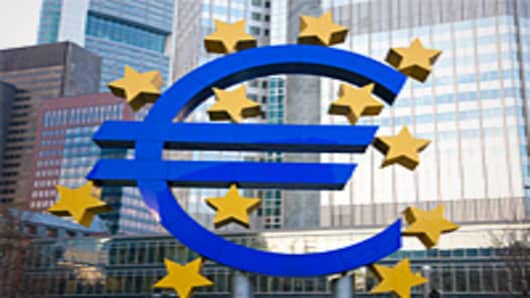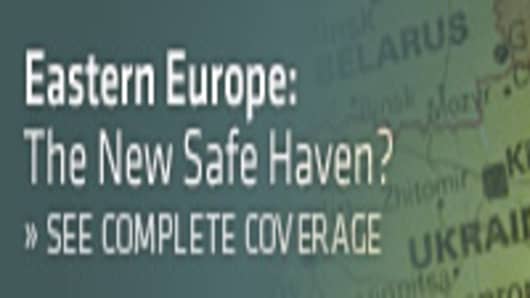"Such (an) amount of money would be new debt, so it's impossible," Radicova said, explaining that countries already running deficits would have to borrow more in order to meet their obligations to the EFSF, thereby increasing the problem.
"From my point of view it's impossible to cut debt in a country with new debt from another country," she said.
The euro zone was not prepared for the crisis and three major principles of the single currency – the no bailout principle, strict fiscal policy and preventing the European Central Bank from buying government bonds - have been breached by several countries, according to Radicova.
Now the euro zone needs to find new principles and put in place a control mechanism for countries that breach the rules under which "automatic sanctions" are applied "if countries do not behave according to European Union principles," she said.
"In other words, the financial mechanism in my point of view is only one step and we will need more and more new decisions," Radicova added.
New Rules for Markets
Banks, financial institutions and rating agencies are "equally responsible" for the crisis, which is "not only the fault of politicians," Radicova said, adding that she didn't believe that markets and financial institutions behaved according to "normal, standard rules."
"New rules for financial markets and financial institutions are absolutely needed," she added.
Talk has increased lately about creating a kind of euro zone treasury and passing authority to Brussels regarding fiscal matters but in Slovakia, which has had a flat tax for years that helped it attract foreign investors, the idea is anathema.





